The era of the traditional big four supermarkets has come to an end with Aldi overtaking Morrisons in terms of grocery market share for the first time.
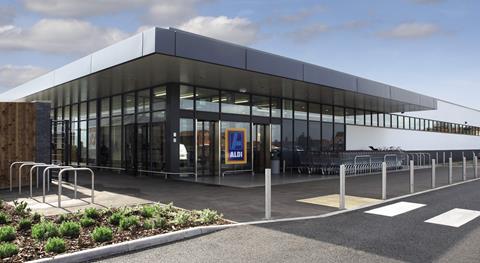
In the 12 weeks to September 4, 2022, Aldi’s sales rose by 18.7%, lifting it to a 9.3% market share, while Morrisons’ share slipped 4.1% to a 9.1% overall market share, according to the latest Kantar grocery market share data.
With the ongoing cost-of-living crisis being compounded monthly by rising grocery inflation, fellow discount grocer Lidl also enjoyed another strong period of growth – growing sales for the fourth month in a row by 20.9% and increasing its market share to 7.1%.
Kantar head of retail and consumer insight Fraser McKevitt said: “Back at the start of the 2010s, Tesco, Sainsbury’s, Asda and Morrisons together accounted for over three quarters of the sector, but that traditional big four is no more.
“The discounters have seen dramatic sales increases in recent months, bringing more and more customers through their doors. Aldi has done well to expand its shopper base, supported by consistent store openings, and with 14.2 million consumers visiting the grocer in the past three months. Meanwhile, for the fourth month in a row Lidl was the fastest-growing grocer and recorded its strongest sales performance since October 2014.”
Highlighting Morrisons’ struggles in the period, Tesco, Sainsbury’s and Asda all recorded their best sales performances since April 2021. Tesco’s market share now stands at 26.9% following a 1.9% boost in sales, while Asda currently holds 14.1% of the market following 2.2% sales growth. Sainsbury’s accounts for 14.6% of the market.
Iceland was another winner in the period, with sales jumping 5.8%. Co-op held its 6.5% market share while securing a 2.7% increase in sales, Waitrose had a 4.7% market share while Ocado had a 1.7% share of the total market.
Inflation hits record high
The shift in supermarket hegemony comes as grocery price inflation hit 12.4% – a new record based on Kantar data. Despite this, take-home grocery sales increased by 3.8%, the third month in a row that the sector’s sales have grown after over a year in decline as a consequence of comparisons with the pandemic.
Kantar’s McKevitt said: “It seems there’s no end in sight to grocery inflation as the rate at which food and drink prices are increasing continues to accelerate. Now standing at 12.4% for August, the latest figure means that the average annual grocery bill will go from £4,610 to £5,181 if consumers don’t make changes to what they buy and how they shop to cut costs. That’s an extra £571 a year. Categories like milk, butter and dog food are jumping up especially quickly at 31%, 25% and 29% respectively.
“In what is a fiercely competitive sector, supermarkets are reacting to make sure they’re seen to acknowledge the challenges consumers are facing and offer best value, in particular by expanding their own-label ranges.”























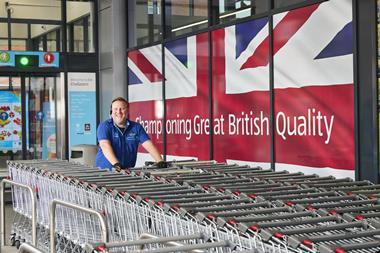
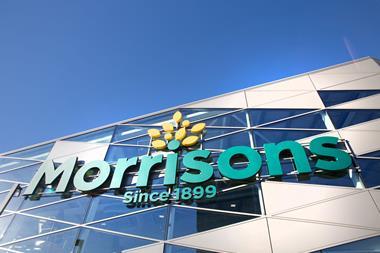

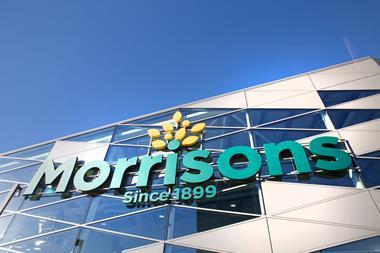
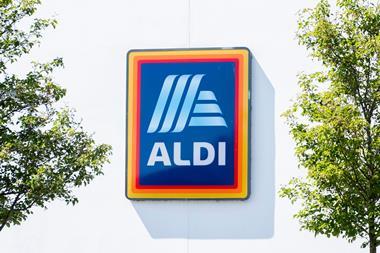
No comments yet